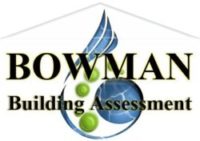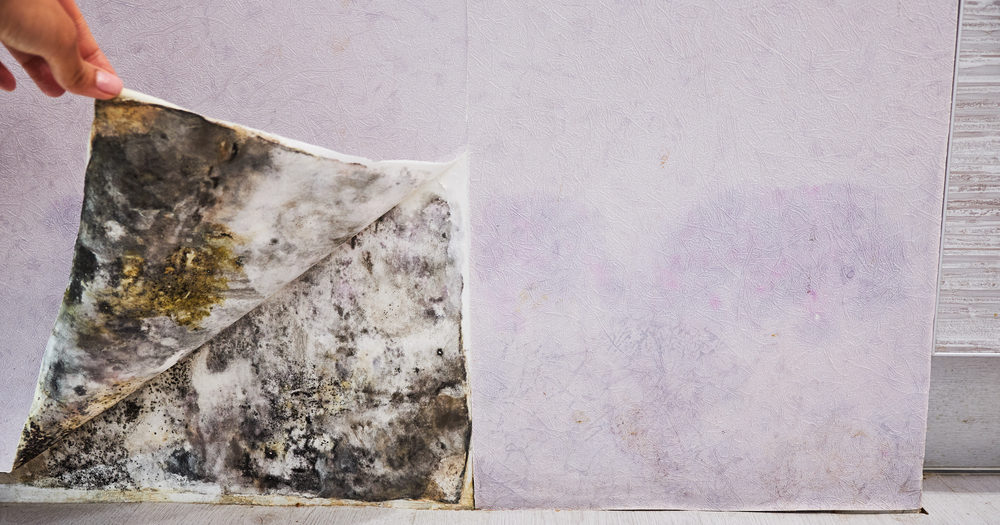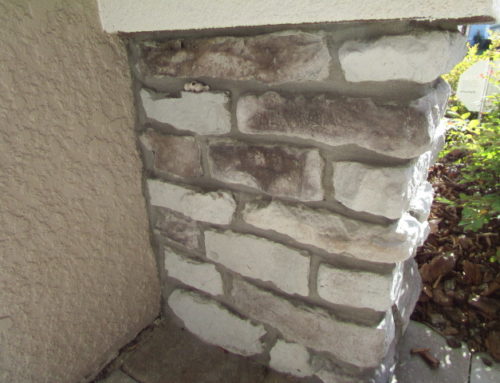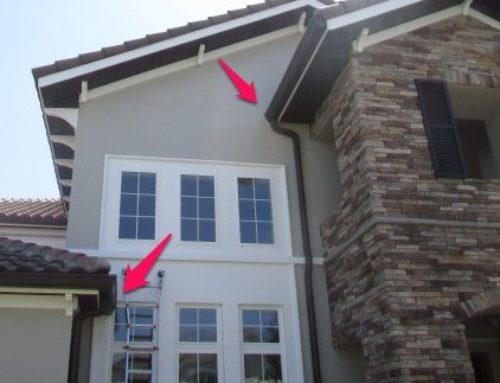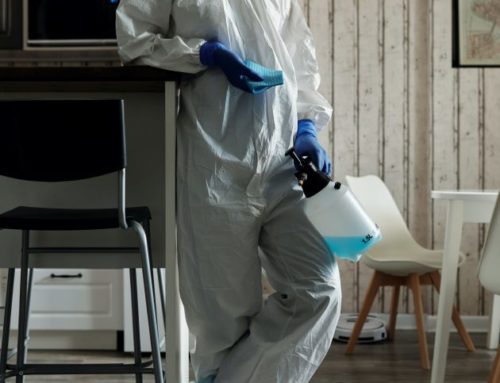There are few living organisms on this planet as hardy as mold. It can grow almost anywhere given a small amount of moisture and organic materials such as paper, wood and fabrics. Therefore, it shouldn’t surprise you that mold can be found everywhere, both outdoors and indoors year round.
Mold is a type of fungus that reproduces when exposed to water through the means of airborne spores. These spores can be threatening to your health. The mold itself can be threatening to your home. With that in mind here are three reasons why you should test for mold.
Your Family’s Health
As noted above, mold spreads and grows by tiny particles called spores becoming airborne and planting themselves in other areas or locations. This growth can occur on any porous surface with the right amount of moisture.
Mold can affect a person’s health in a variety of ways. The level at which it affects someone depends on their allergies, immune system, and how much time they spend in or around spaces contaminated with mold.
Less severe symptoms include coughing, sneezing, and headaches. However, these can lead to more intense respiratory issues such as asthma, shortness of breath, and chest tightness.
Various types of mold can be found in the home and some molds may produce toxic by-products. Medical professionals do not know why some people are affected more than others but here is what they do know, the body exhibits three basic responses to contaminants:
- Allergic response
- Disease response
- Toxic response
All three of these responses should be checked by a licensed physician.
Your Home’s Structural Integrity
Regardless of what studies have been released about the various forms of mold, one thing is certain – you don’t want it growing in your home. Testing for mold is crucial to ensuring your family is living in a safe environment.
Mold growth, by nature, is destructive to whatever surface it’s on. While mold can only grow in the presence of moisture, it must also feed off of organic material. This organic matter can be found in walls, flooring, and of course, the structural wooden supports of your home.
As mold feeds on the material, it breaks it down over time, making it weaker. The longer the mold infestation is allowed to go on, the worse the damage will be.
Your Home’s Resale Value
Finally, because mold carries such a high risk to people’s health and to a building’s structural integrity, its presence can severely devalue your home.
If, for example, you were trying to sell your home and the home inspector found something that appears to be mold, it would be a major red flag to the buyer and the buyer’s lender. The entire sale would likely be put on hold until professionals testing for mold gave the “all clear.” If you were selling as-is, a mold infestation could possibly devalue the home by tens of thousands of dollars.
Should You Be Testing for Mold?
As a homeowner, testing for mold is your responsibility. This is especially important if the home has been affected by any leaks, floods, damaged appliances (that use water), etc.
If you suspect that you have mold in your house, it’s important to hire an expert in moisture and mold to perform a professional mold inspection. Symptoms of mold exposure can be incredibly serious, particularly exposure to toxic mold. Here is a look at the key benefits of hiring a mold expert to perform a mold inspection in your home.
Prevent Serious Symptoms of Mold Exposure
Mold symptoms, particularly toxic by-products, are dangerous, and can even be life threatening. If you or anyone in your household is already ill or suffers from an autoimmune disease, you’re at a higher risk of dangerous symptoms of mold exposure. Symptoms of mold exposure can be as mild as allergies, skin rashes, and common cold symptoms. Mold symptoms can include serious respiratory problems and infections, asthma complications, chronic headaches and fatigue, dangerous neurological problems, and toxic mold syndrome.
Improve Indoor Air Quality
When the mold in your house becomes airborne, your indoor air quality significantly declines. Mold exposure and mold symptoms occur when mold spores are inhaled from the air and settle in the lungs or nasal passages. A mold expert can test your indoor air quality for signs of mold spores. He can also perform an extensive mold inspection to look for signs of mold growth throughout your home. If he finds mold in your house, he will perform professional mold testing to see if you are at risk for toxic mold exposure.
Reduce Your Risk of Structural Damage to Your Home
Mold growth occurs in areas that are damp and warm. This means that mold might grow in areas of your home that aren’t immediately visible, such as behind walls or wallpaper, behind or underneath plumbing fixtures, in flooring or ceiling tiles, and behind or underneath appliances. Water damage and mold growth can cause problems with wooden structures, insulation, and electrical wiring in your home. A mold inspection and mold remediation will reduce or prevent serious structural damage.
If you suspect that you may have mold in your home, do not hesitate to contact the mold assessment and remediation protocol experts at Bowman Building Assessment. A licensed Mold Assessor will come to your home or property to discuss the issues you have been experiencing, look for indications of mold growth and create a thorough report for use in the remediation process.
